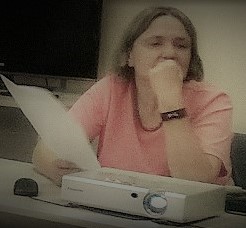A Publisher's Conversation with Authors: Want good book sales? Niche your book!

It is Tuesday. Monday's madness is over, and Wednesday will take us over the hump, so Tuesday it is--for some serious discussion with authors. Tuesday talks mean to address authors in waiting and self-published authors who would like to go a more traditional route or who would at least like to take their steps with a publisher by their side. Today's topic addresses the value of books that fit clear niches and platforms that are conduits to those niches. I am always a bit saddened and frustrated when authors of a pretty good book state in their proposal that no way is their book a niche book, that it will be of interest to everyone in the world, or millions of people, or every woman, etc., referring to a huge population base. Reaching a base that large, unless one has immense amounts of money (tens of thousands, if not more) to invest, is quite unrealistic -- and then there is the issue of creating your audience, i.e. interesting people who are not actively searching for your



